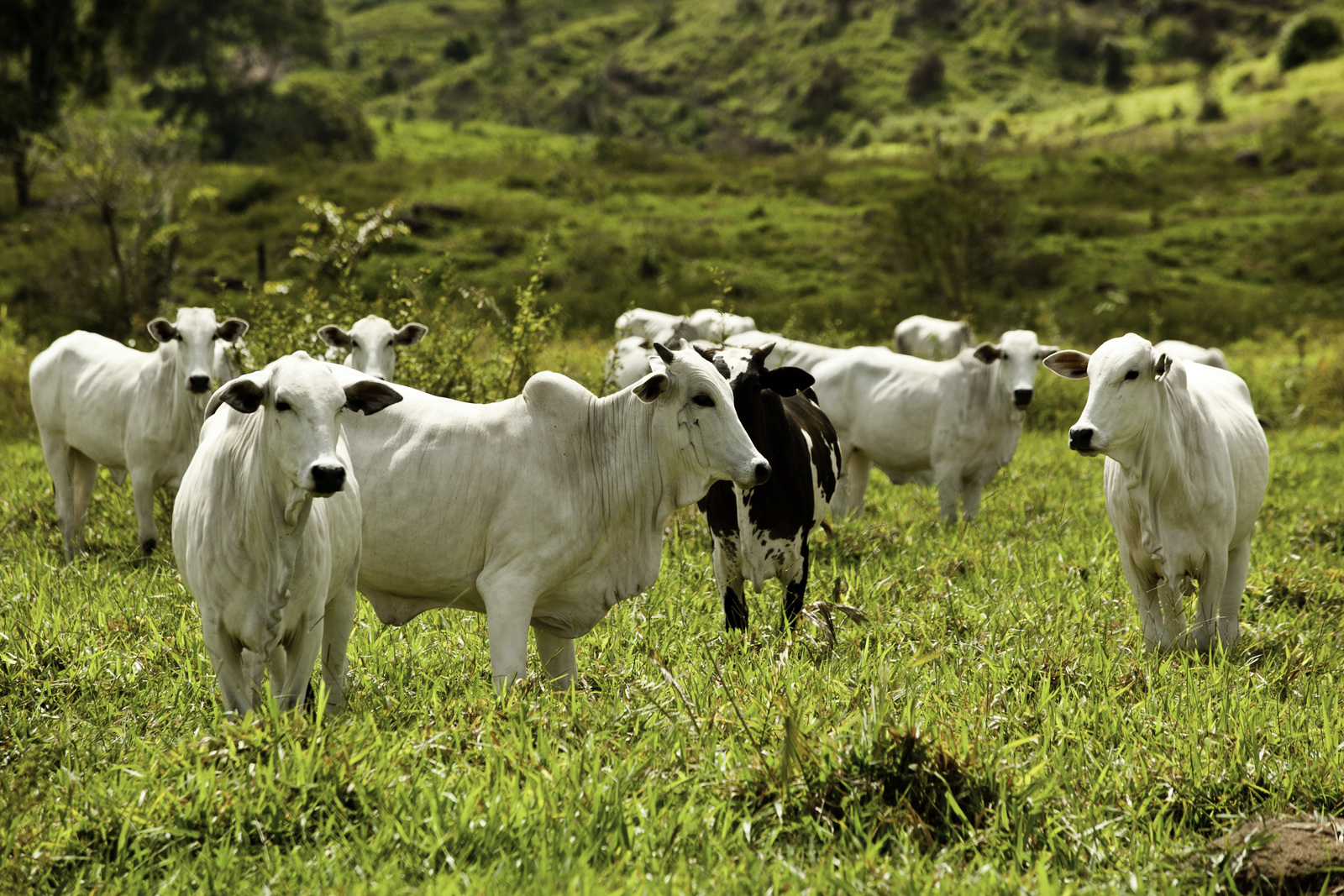Description
This Jurisdictional Action Network webinar, organised as part of the New York Climate Week, discussed the challenges and opportunities to achieve sustainability in cattle production, deriving lessons from two landscape programs supported by the private sector in Brazil.
Cattle is estimated to be the most important driver of tropical deforestation on the planet. Between 2001 and 2015, cattle pasture replaced 45 million hectares of forest in the tropics, nearly twice the amount replaced by five other forest-risk commodities – palm oil, soy, wood pulp, cocoa, and coffee – combined (TFA and WEF, 2021). The impact of cattle production in terms of emissions is also notable: cattle accounts for up to 80% of all emissions from land-use change in Brazil.
Specific challenges related to cattle production in Latin America include lack of traceability and limited leverage from sustainability-sensitive markets, with high domestic consumption in many production countries. Speakers also talked about a lack of incentives and value proposition at present for ranchers to participate in deforestation-free cattle production.
A landscape program in Juruena Valley in Brazil, implemented by Natcap, IDH, and partners, showcased the possibility to trace deforestation-free calves from farm to supermarket shelves. Conservation International’s landscape initiative in Tocantins, Brazil, assisted farmers to implement low-carbon practices and link farmers to climate finance opportunities. These examples show the potential for stakeholders to work together to scale up these solutions to landscape and jurisdictional scale.
Related Resources
- Slide deck presented at the webinar
- Tropical Forest Alliance (TFA) and World Economic Forum (WEF), Forests, Food Systems and Livelihoods: Trends, Forecasts and Solutions to Reframe Approaches to Protecting Forests, 2021
- TFA and WEF, Analysis of the Beef Supply Chain in Argentina with Focus on Gran Chaco Region, 2022
- Consumer Goods Forum Forest Positive Coalition of Action, Beef Roadmap v. 1.0, 2022
